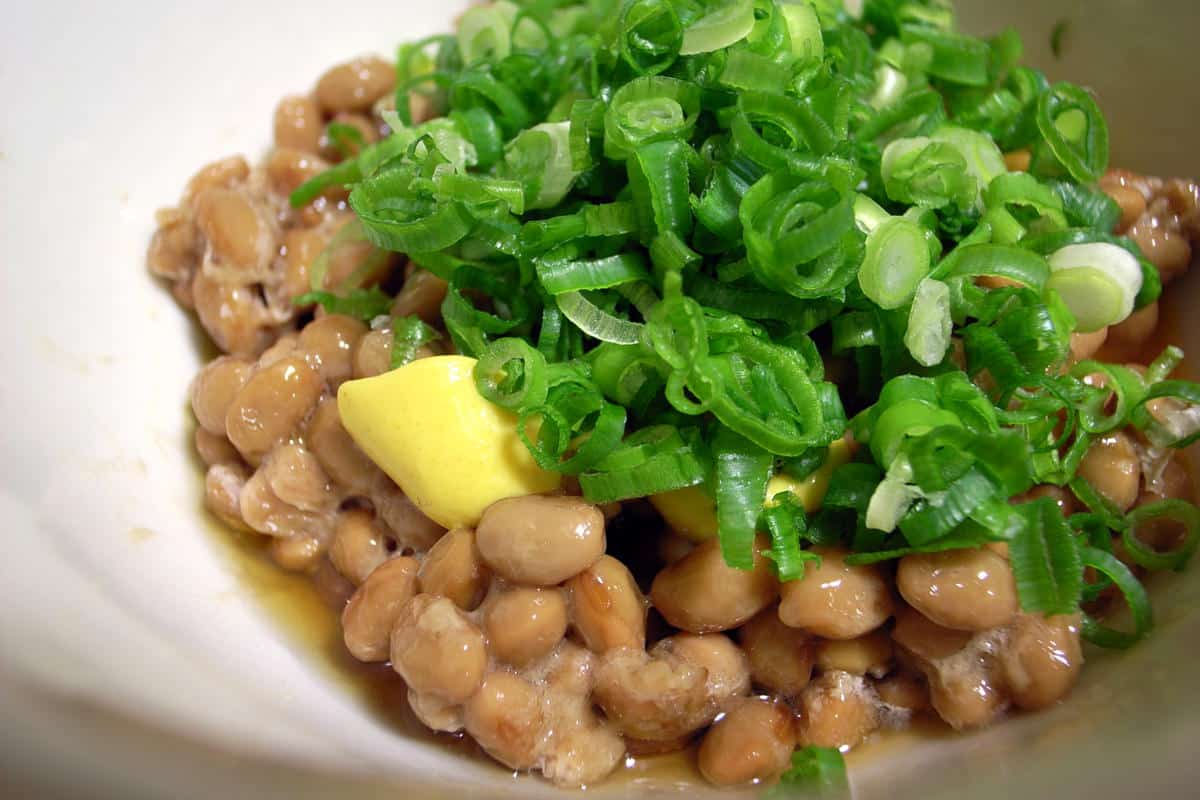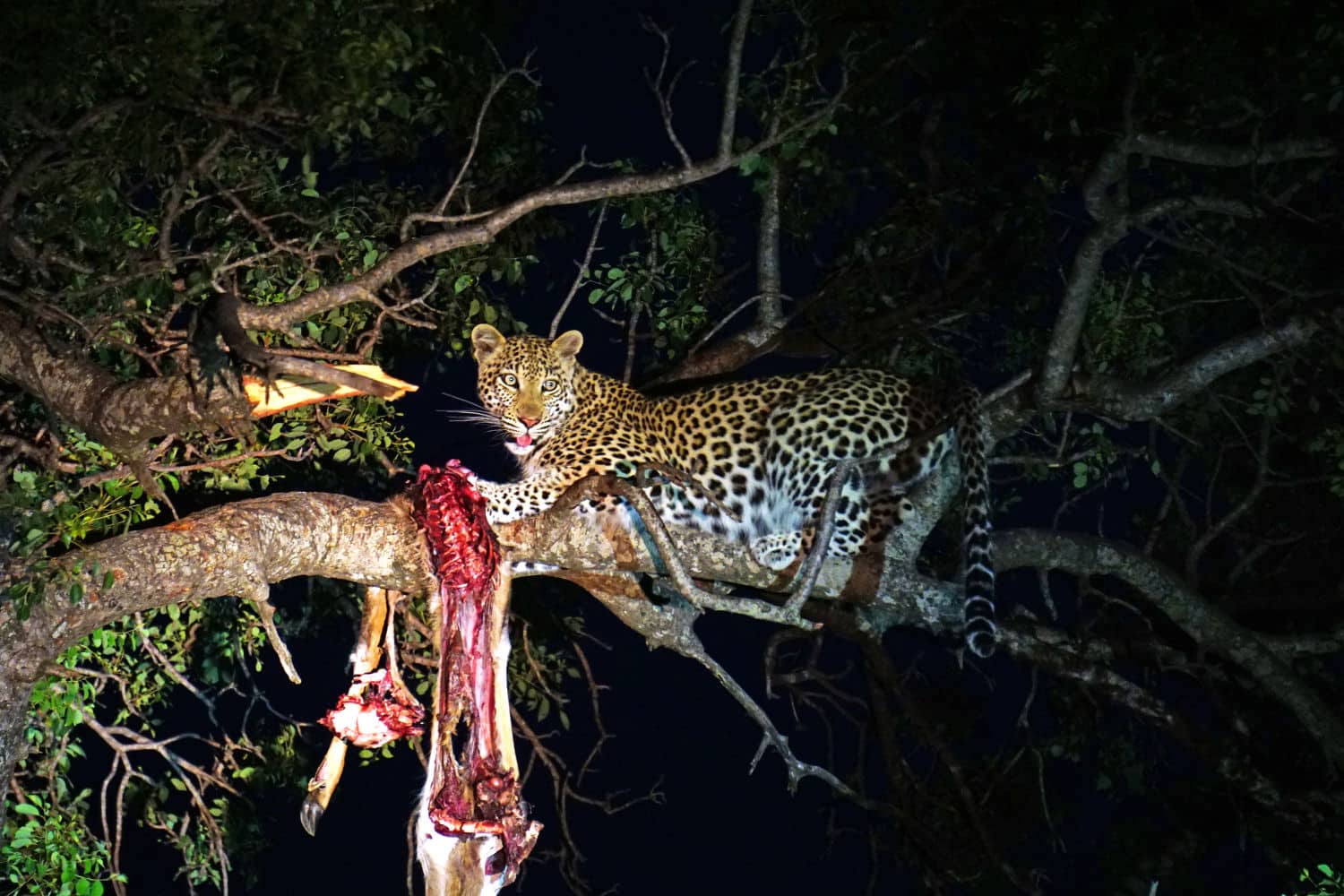HEALTHY FOOD
Dive into the world of healthy eating for prostate wellness. Our ‘Healthy Food’ category offers a wealth of knowledge on nutritious foods that support prostate health. Find recipes, dietary tips, and science-backed advice to guide you on a path to a healthier, happier life.



